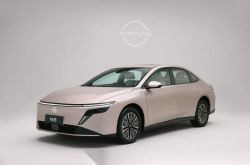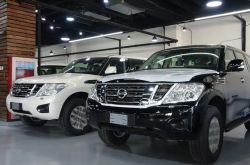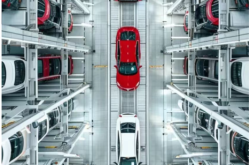Car industry's 'traffic war': Pursuing ideology while eyeing business
![]() 08/29 2024
08/29 2024
![]() 455
455

Introduction
Introduction
Traffic is a double-edged sword, hurting others before hurting oneself.
Let's start with the conclusion: The automotive industry won't be quiet for the next couple of years. Amidst the rapid changes in the automotive market environment, no one dares to remain "unknown" any longer.
As all automakers strive to be seen by consumers, they eagerly pursue traffic and exposure, making the phrase "a sixty-year-old man bravely venturing into live streaming" seem both unexpected yet understandable.
In fact, traffic has always existed, but changes in the market environment, especially under the influence of "fandom" and "cult-like" behavior, often push traffic to extremes. That's why we subconsciously feel that the current automotive traffic is becoming abnormal, even more biased and manic.
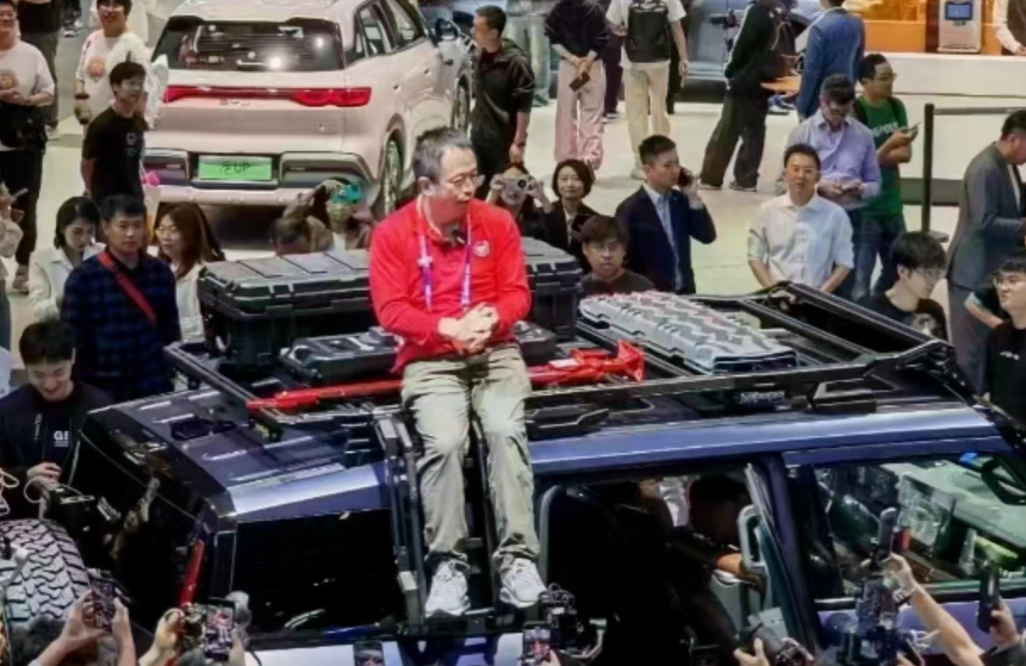
Times are tough, but we must tighten our belts and carry on. In such difficult times, we must "speak loudly" to boost morale, both for ourselves and our consumers.
In fact, those in the automotive industry may already feel the chill setting in. New forces are collapsing, automakers are laying off employees, and even upstream supply chain companies, such as parts manufacturers and autonomous driving companies, are cutting costs.
Amidst the chaos of the automotive price war, who will emerge victorious? What should automakers with limited brand awareness do?
Numerous uncertainties combined only fuel automakers' desire for traffic, leading to a clear bias across the entire automotive market.
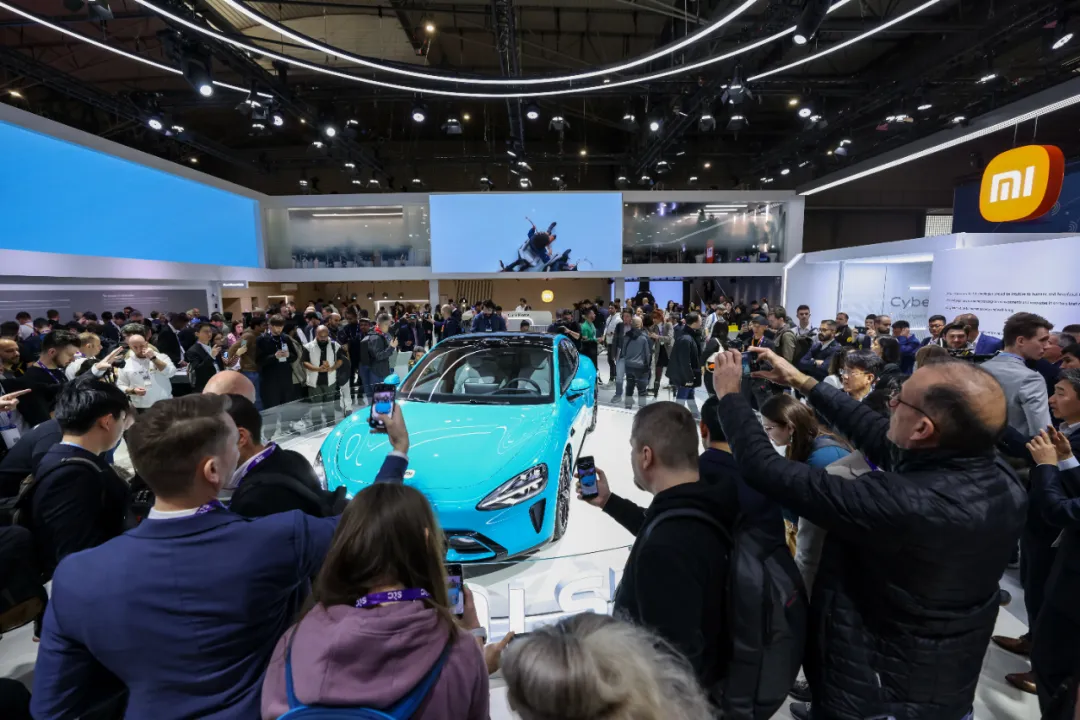
Traffic is a limited and scarce resource. If you don't pursue it, it will flow to your competitors.
With weak market demand and fierce competition, you must first attract a crowd, even if it means artificially inflating numbers. Because only when your venue is buzzing will it have the potential to turn into a money-making machine.
Looking back, in addition to the constant moves by new automotive forces, Chinese automakers, joint ventures, state-owned enterprises, and especially strong crossovers like Huawei and Xiaomi, have all rushed in to compete for traffic and market share.
Now, a new round of traffic competition is about to begin.
Competing for traffic is competing for the market
Ahead of the Chengdu Auto Show, Great Wall Motor's new WEY Blue Mountain was launched in Baoding. In the following days, models like WENJIE M7 Pro, ZHIDIAN R7, and XPENG M03 were successively launched or unveiled, vowing to capture the spotlight and claim the first share of traffic.
The importance of traffic cannot be overstated. In today's market environment, competing for traffic is equivalent to competing for survival and market share.
However, in the process of competing for traffic, impulsive remarks can be satisfying, but they may also lead to conflicts, mudslinging, and long-term negative impacts that can damage brand image or even knock a brand out of the game.
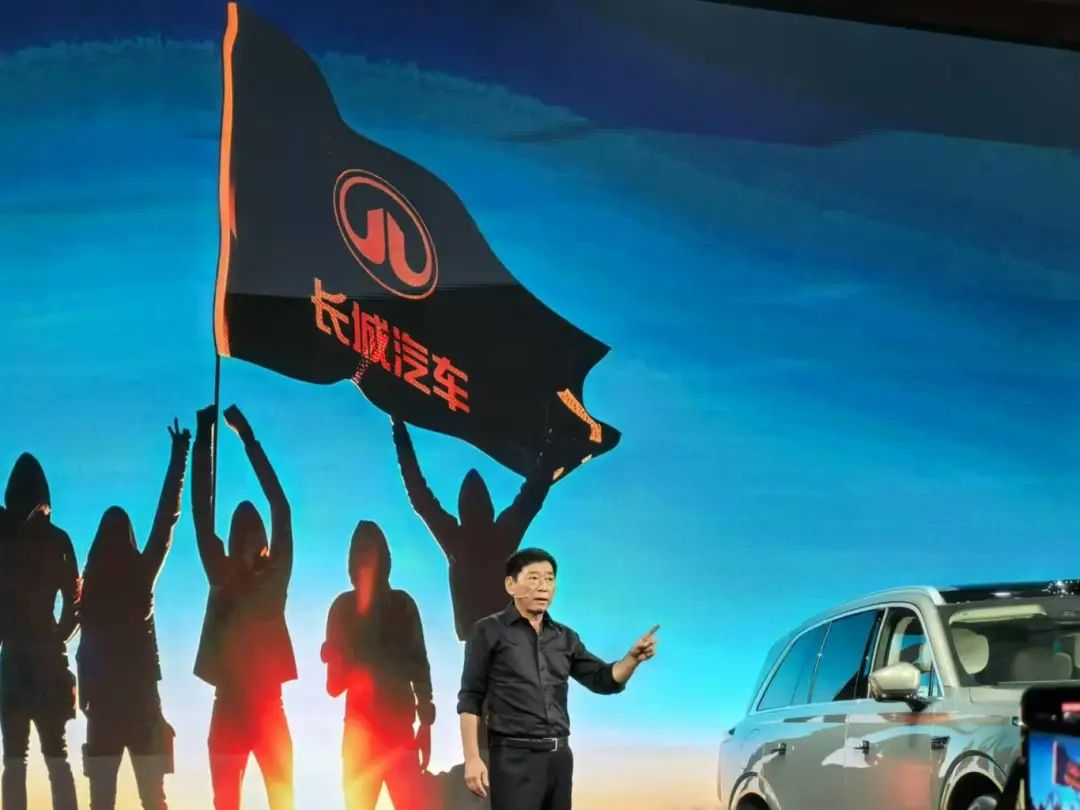
At the launch of the new WEY Blue Mountain, Wei Jianjun, after years of absence, made a rare appearance to talk about his "passion." However, his subsequent remarks sparked widespread industry discussion.
"We don't need him to test drive. Recognition from our vast user base is what truly matters. You can't use traffic to represent a product's value," he said.
This statement came after a media outlet mentioned inviting Zhou Hongyi for a test drive, to which Wei Jianjun responded, "Traffic cannot represent a product's value."
A straightforward response, as the golden cup and silver cup are nothing compared to user word-of-mouth. However, "Uncle Red" didn't take Wei Jianjun's senior status lightly and responded actively.
Zhou Hongyi, who once invested in NIO through 360 Group and became its second-largest shareholder, has since transferred part of his NIO shares through a series of capital operations, making him somewhat of an insider in the automotive industry.
Notably, during the Beijing Auto Show, Zhou Hongyi became one of the two major sources of traffic, alongside Lei Jun, through actions like hosting his own "personal auto show" and "visiting exhibits."
Clearly, Zhou Hongyi is both an advocate and embodiment of traffic. Responding to Wei Jianjun's "no test drive" stance, Zhou said:
"I fully support Mr. Wei's view that traffic should not be the sole measure. It should be a combination of product and traffic. The product is the 1, and traffic is the 0s that follow. If the product is good, more traffic means greater value. But if the product is poor, traffic alone is useless. Conversely, a good product without traffic cannot fully demonstrate its value."
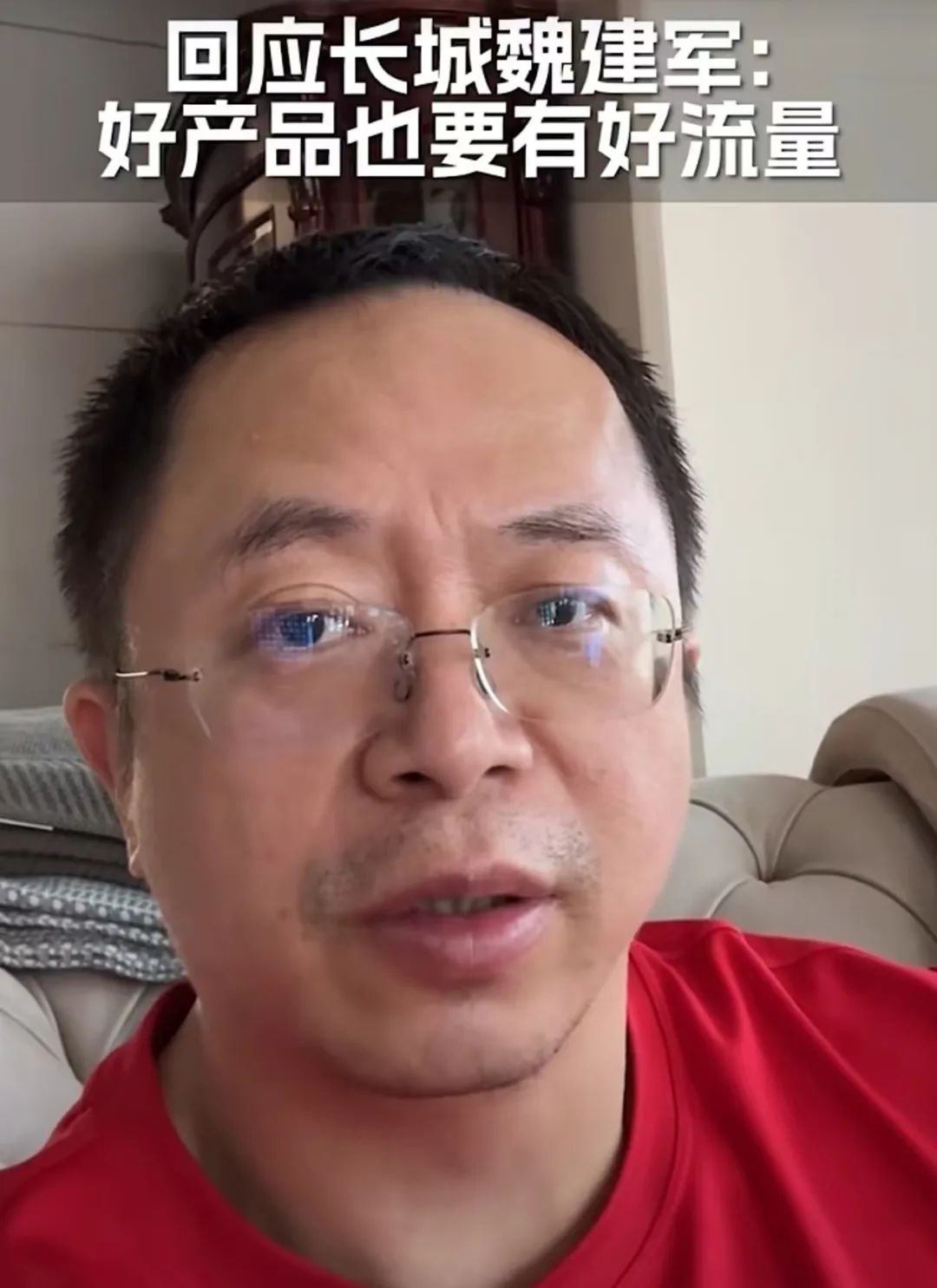
With this exchange, traffic naturally flows. Following this logic, Wei Jianjun and Zhou Hongyi will likely meet publicly soon, shaking hands and burying the hatchet.
It's refreshing to see Wei Jianjun, a seasoned veteran of the automotive industry, sharing stories, discussing the market, and talking about the industry. Furthermore, the public loves to watch these heated debates among industry giants.
There's even a saying that "being infamous is still fame." While the logic behind this may be debatable, one thing is clear: as all automakers rush headlong into the pursuit of traffic, even courting controversy to get it, they must consider the potential consequences.
A simple truth: only when traffic complements a product can the two work wonders together. Conversely, if a product cannot support the traffic it generates, it may turn into a death knell, and the tower may collapse without warning.
Don't just make a one-time sale
Traffic is a double-edged sword. If you want to use it to hurt others, be prepared to hurt yourself first.
Blackwater armies, black PR... Today's automotive market is rife with disharmony. What's worse, traffic often carries public opinion, amplifying issues like a porcupine's quills.
Therefore, be cautious and meticulous. When advocating for "long-termism," don't just focus on short-term gains. Know your competitors' strengths and weaknesses, as well as your brand's and products' fundamental qualities.
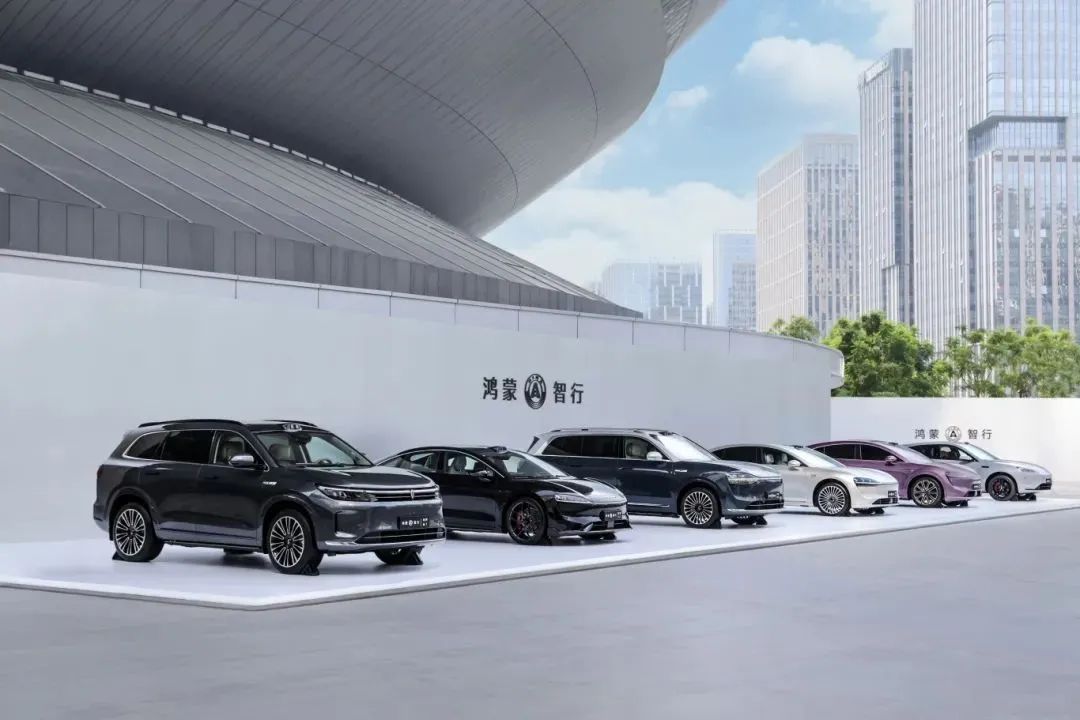
Instead of relying on leaders' verbal sparring for traffic, why not genuinely assess your strengths and weaknesses?
The upcoming Chengdu Auto Show may not feature as many headline-grabbing models as expected or have the strategic significance of the Beijing or Shanghai Auto Shows. Many even consider it a regional auto show focused on car sales.
Nonetheless, the Chengdu Auto Show is a valuable stage and platform for showcasing products' hard power.
Data shows that in July 2024, Beijing ranked first in nationwide automobile retail sales, followed by Chengdu and Shanghai.
In terms of new energy vehicle retail sales in July 2024, Beijing led the way, followed by Shenzhen, Hangzhou, Chengdu, and Guangzhou.
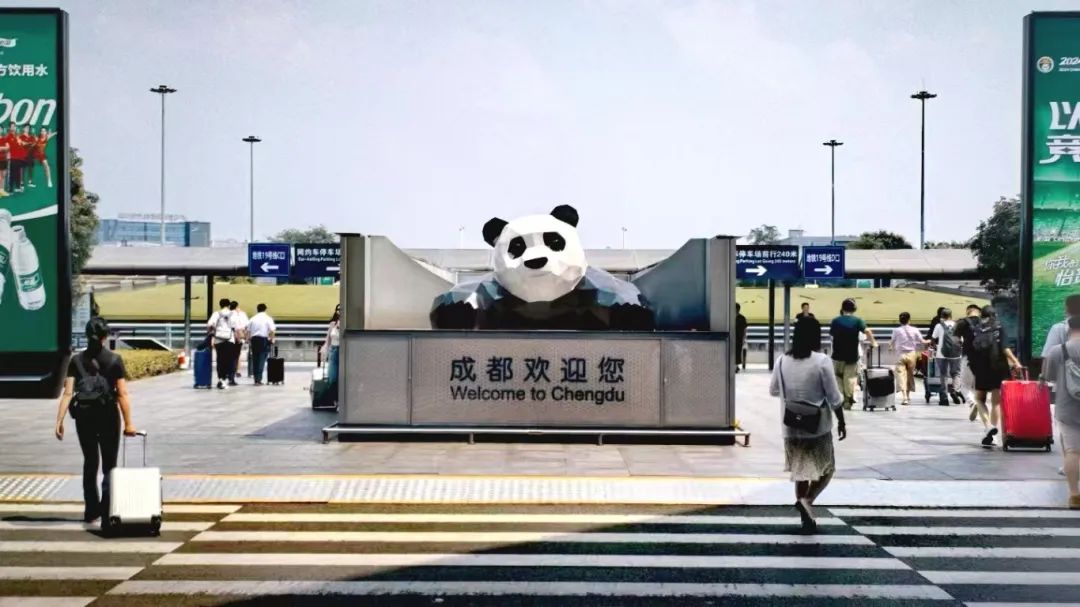
Chengdu is a major city in western China, and the Chengdu Auto Show can radiate across the entire western market. Facing this lucrative opportunity, why don't automakers think of ways to conquer consumers and the market with their genuine hard power, grabbing a share of the "comfortable" traffic?
In the new era, we all need to rethink how to "sell wine"—brewing good wine is not enough; we must also be aware of the dangers of a good product going unnoticed.
Pursuing traffic is not wrong, but it comes in varying qualities. "Infamy is still fame" has its merits, and in some ways, it can achieve results. However, remember that the internet has a memory, and the boomerang effect will punish those who speak rashly.
We've often seen automaker leaders personally promoting their brands, especially new forces like NIO, XPENG, and Li Auto. But after the Beijing Auto Show, automakers must learn from their mistakes and avoid stirring up unnecessary controversies in this upcoming "traffic war."
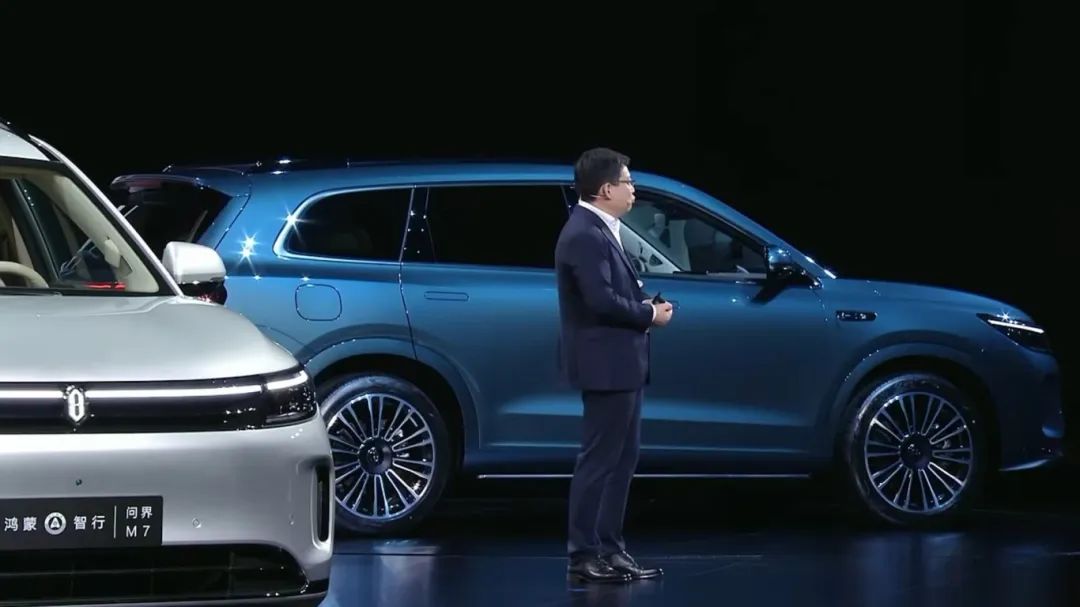
Today's automotive market is bustling with car reviewers, marketing tactics, cross-industry automakers, and both established and emerging forces, all vying for limited hot topics and market share.
As we navigate this landscape, we must constantly remind ourselves that traffic is not everything. We must be wary of the Pandora's box of traffic.
Similarly, just as the automotive market is embroiled in a fierce price war, if prices continue to plummet without bounds, it will only lead to shoddy products and substandard quality, ultimately necessitating a market reset.
Unfortunately, this is the commercial logic of products. No one wants to lose money, and the automotive industry is no exception. In the process of market reshaping, traffic often plays a pivotal role. Used well, it can clear obstacles; misused, it can backfire.
If your goal is just to make a quick buck, using traffic as a blunt instrument can indeed achieve certain results.
But if you truly espouse "long-termism," put aside your transactional mindset towards traffic and look at the market trends and changes. Align yourself with the times and move forward.




